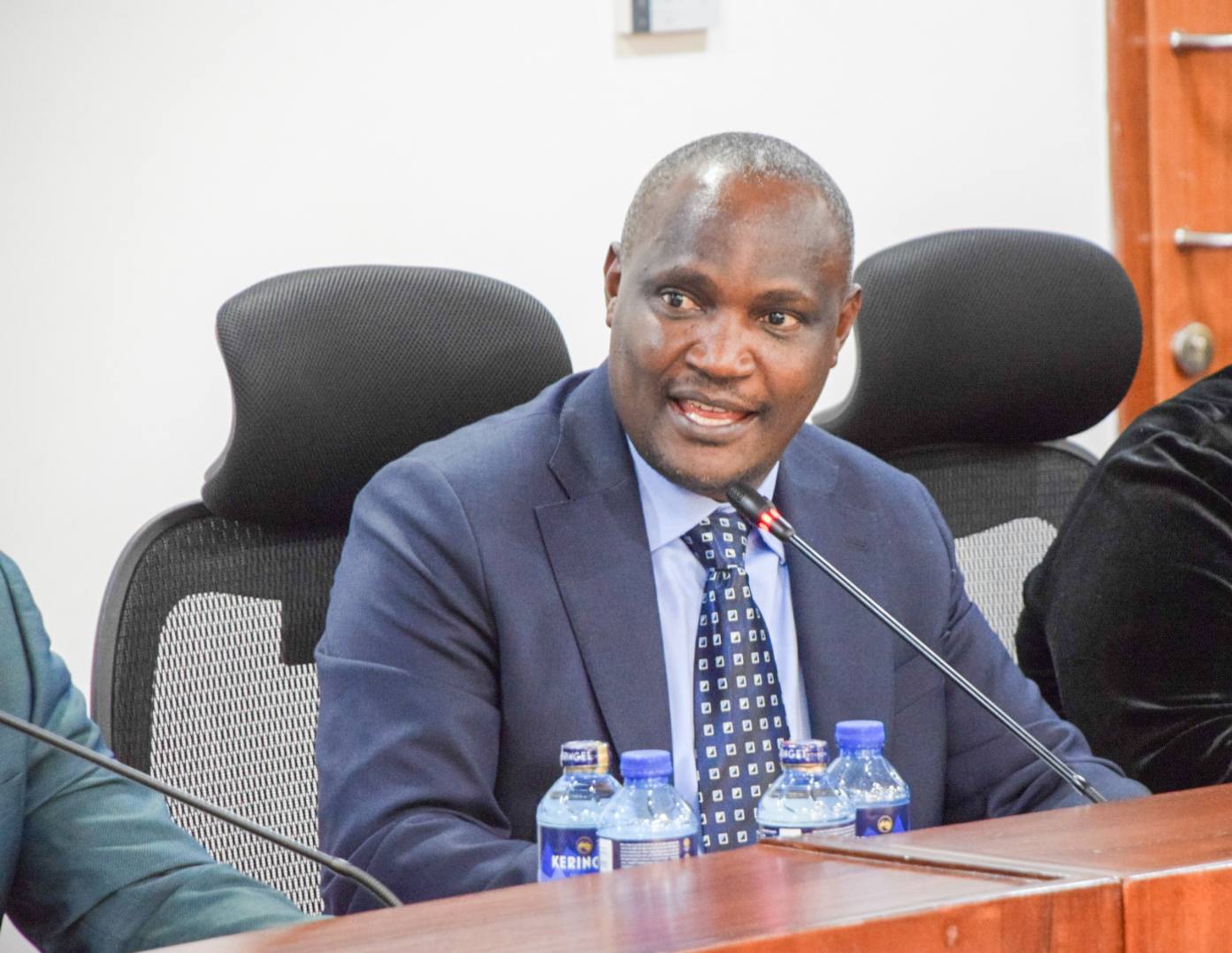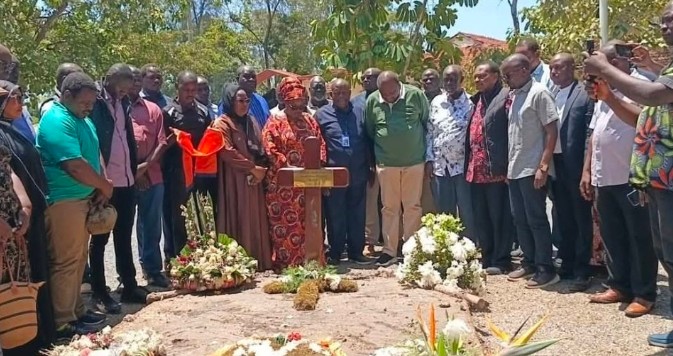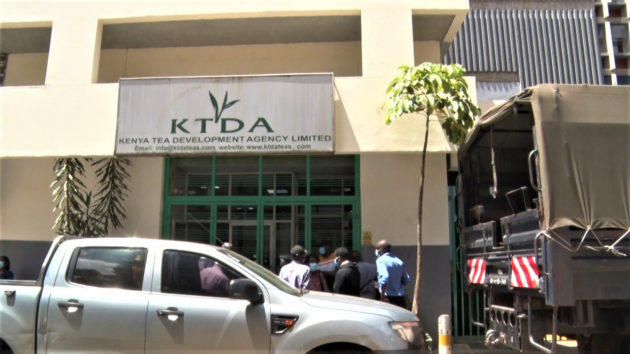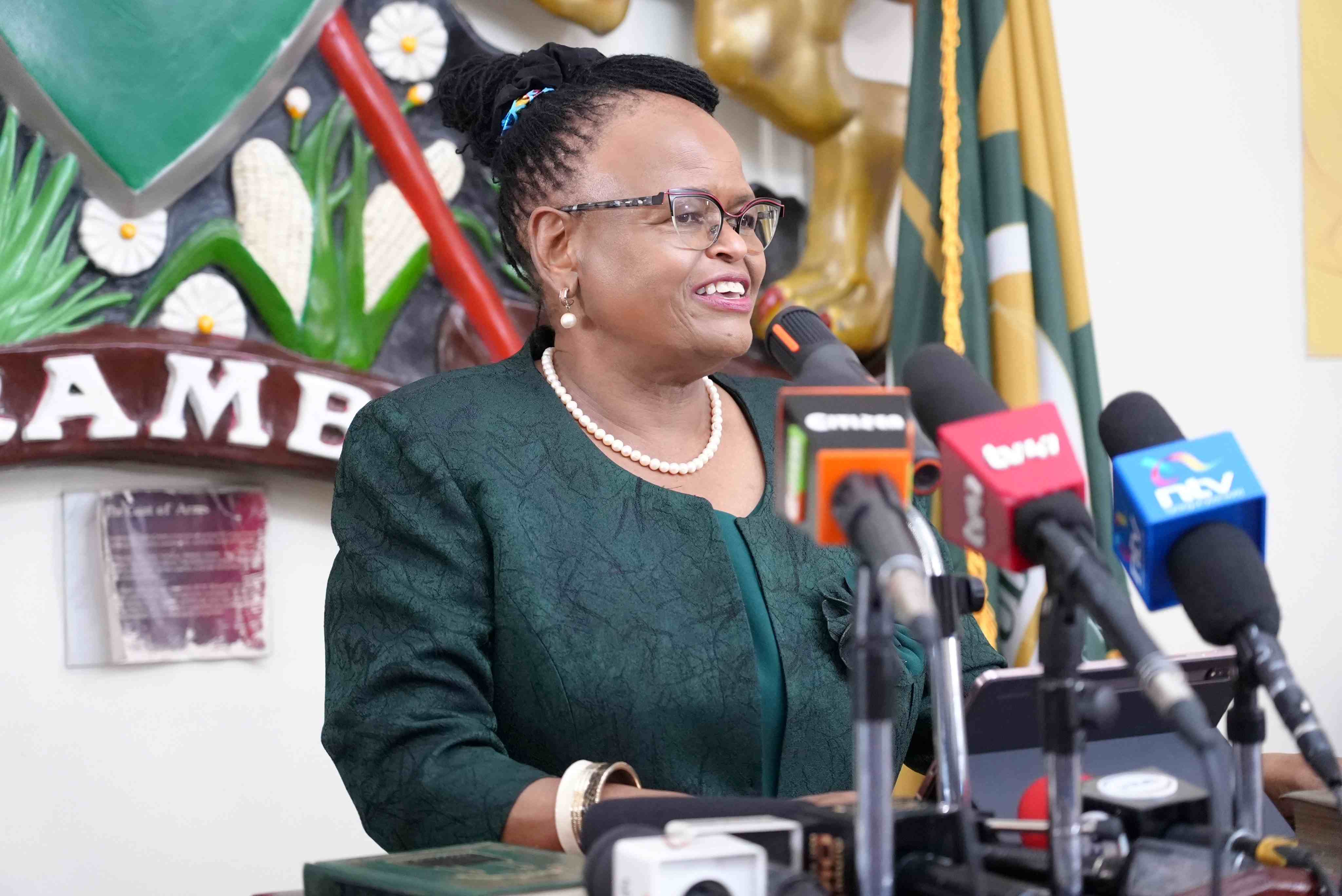Private sector players, govt outline path to enhance ease of doing business
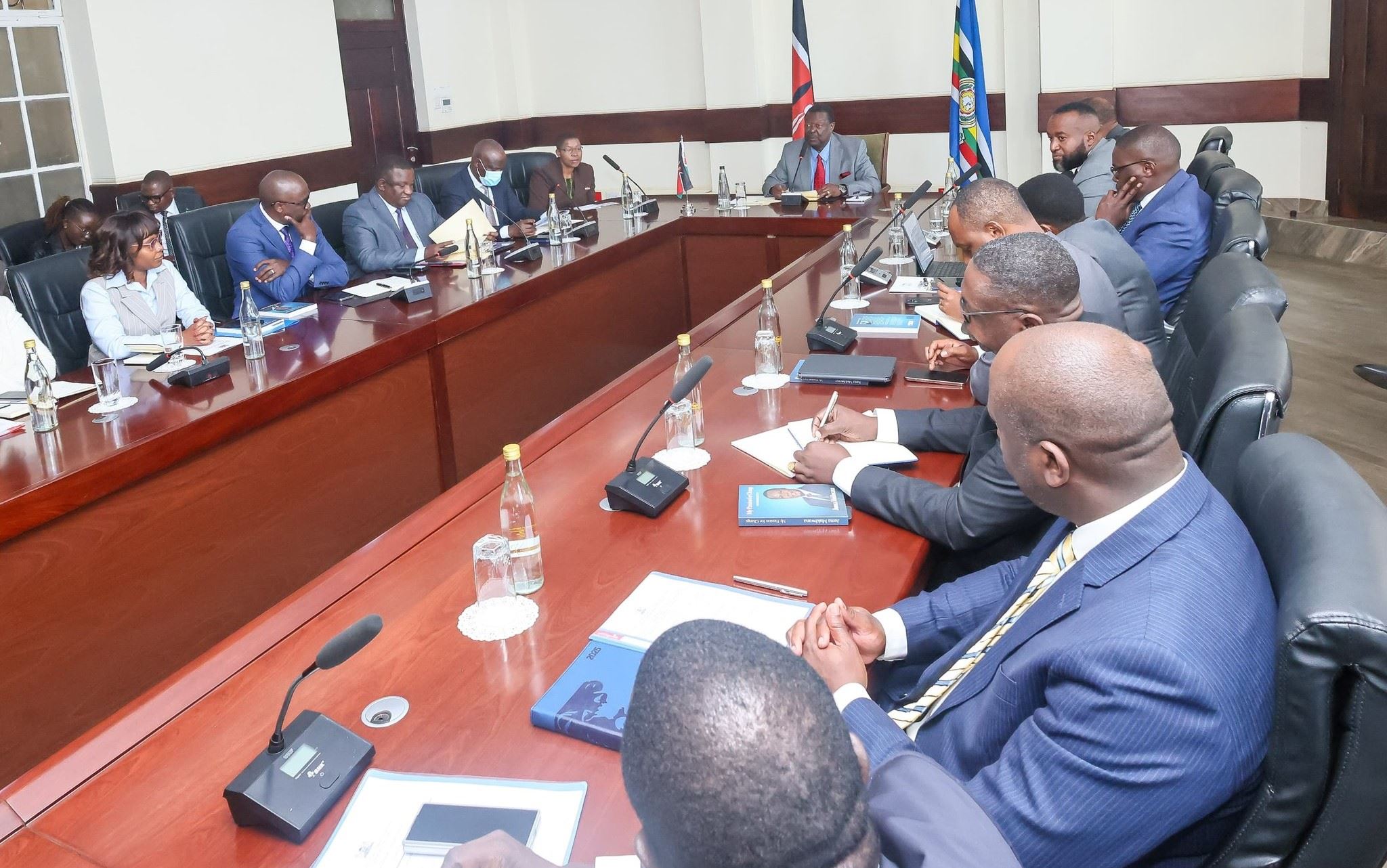
Mudavadi said the parties will in the next three months agree on a matrix highlighting an action plan.
Prime Cabinet Secretary Musalia Mudavadi has affirmed that the government in collaboration with the private sector is working on a basket of policies and measures to address the constraints to ease of doing business in the country.
Speaking on Thursday during a stakeholder dialogue convened pursuant to an urgent directive by President William Ruto, Mudavadi said the parties will in the next three months agree on a matrix highlighting an action plan.
More To Read
- Rising costs force 2,260 companies to exit as 138,000 enter market
- Registrar of Companies seeks public input on new company registration laws
- SMEs see brighter outlook but struggle with market access, corruption - report
- Kenya tops East Africa in investment appeal on low risk profile
- Business operators protest excessive permits and taxes, demand unified permit system
- Why only 2% of Kenyan startups grow into large businesses
This will include descriptions of who will be doing what and when.
"We have tasked a secretariat made up of the government and the private sector to work on a matrix indicating who is to do what, when and the deliverables," he said.
"This should be in place by April so that all the proposals will be included in the Budget Policy Statement and other relevant legislations on the ease of doing business in Kenya."
Notably, the meeting underlined the need for a joint effort to tackle constraints to doing business including logistics costs, corruption, pending bills, impeding legislation, cost of power, taxes and levies.
The stakeholders suggested that some of the above constraints could be addressed by implementing recommendations of the Public Expenditure Financial Accountability (PEFA) reports for both levels of government.
"A robust Public Financial Management (PFM) system will ensure that the public gets value for money and improved service delivery," they noted in the despatch.
Cargo clearance
The stakeholders also expressed concern that the country is losing investment opportunities due to inefficiencies in key areas including cargo clearance at the port of Mombasa, high costs and limited freight capacity for horticulture exports and processing of land transactions on the Ardhi Sasa platform.
They further noted the negative impact of illicit trade activities on legitimate businesses and revenue losses to the government estimated at over Sh300 billion.
Noting the impact on the high cost of living and increased cost of doing business for investors, the meeting agreed on some raft of actions to ease the cost of doing business.
These include addressing the issue of pending bills estimated at over Sh600 billion, which have exerted pressure on the working capital of the affected business, strict implementation of the National Taxation Policy and the formulation and implementation of the illicit index across sectors to assist in data formulation towards protecting the Kenyan and East African Community (EAC)-grown industries.
It was also agreed to address the tax refunds by the Kenya Revenue Authority, tariff and non-tariff barriers to regional trade, and harmonization of various levies and charges by the national and county governments.
Further, the meeting resolved to fast-track the enactment of the Government Owned Entities Bill, 2024, Implement the County Licensing (Uniform Procedures) Act, 2024 and Finalize County Governments (Revenue Raising Process) Bill 2023.
Top Stories Today
